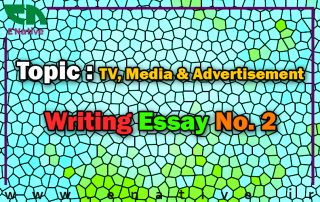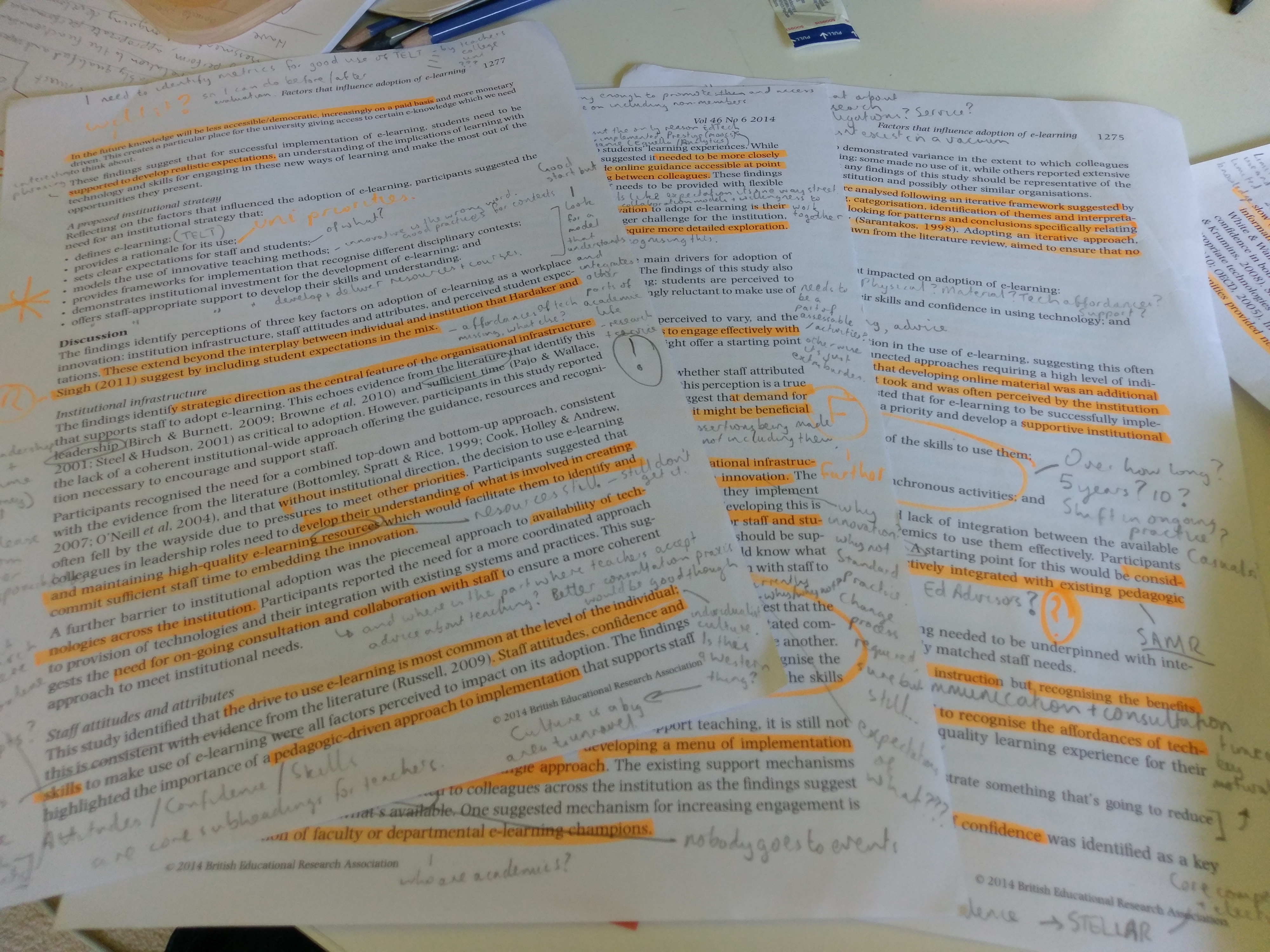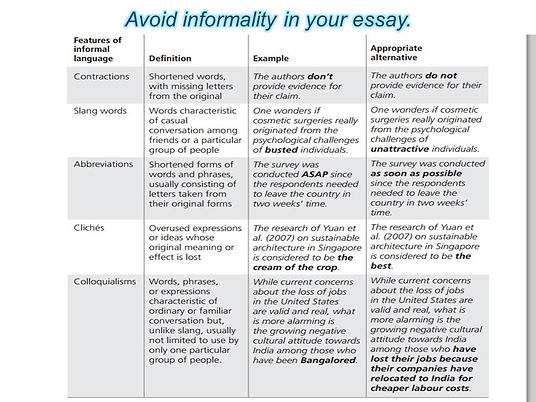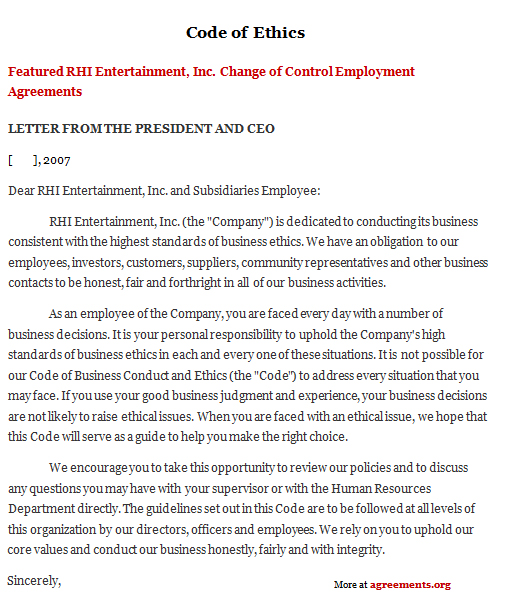Tabula Rasa Free Essays - studymode.com.
This idea warranted and rationalized their cruel behavior towards the slaves because they believed that it was their job to take care of these unintelligent people. When this enlightenment thinker named John Locke came along and completely rejected the common belief by saying that everyone is born as a Tabula Rasa and equal, he was taking a risk.Tabula Rasa. Tabula Rasa John Locke was a British Enlightenment despot and physician born on August 29, 1632. He made a huge impact on the Enlightenment, which lead to many democratic revolutions. His contributions were recorded in his series of books titled Essay Concerning Human Understanding.However, John Locke was the main antagonist to the concept of innate ideas. Locke argued that the mind is in fact devoid of all knowledge or ideas at birth, a blank sheet or tabula rasa. He argued that all ideas do in fact come via empiricism. Locke also attacked the idea that an innate idea can be imprinted on the mind without the owner.
Tabula Rasa or blank slate was a theory that became popular because of John Locke (HelpingPsychology).The Blank Slate theory is a theory that says everyone is born with a blank mind.There are no ideas or thoughts.A new and revolutionary emphasis on the tabula rasa occurred late in the 17th century, when the English empiricist John Locke, in An Essay Concerning Human Understanding (1689), argued for the mind’s initial resemblance to “white paper, void of all characters,” with “all the materials of reason and knowledge” derived from experience.

Stuck on your essay? Browse essays about Tabula Rasa and find inspiration. Learn by example and become a better writer with Kibin’s suite of essay help services.












